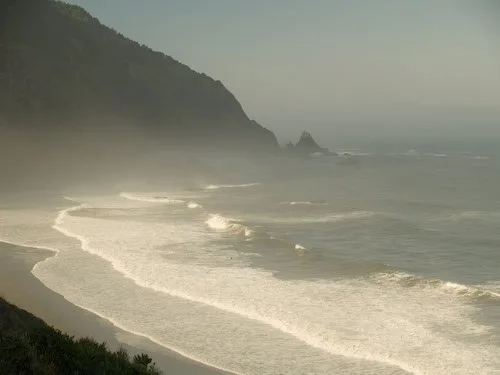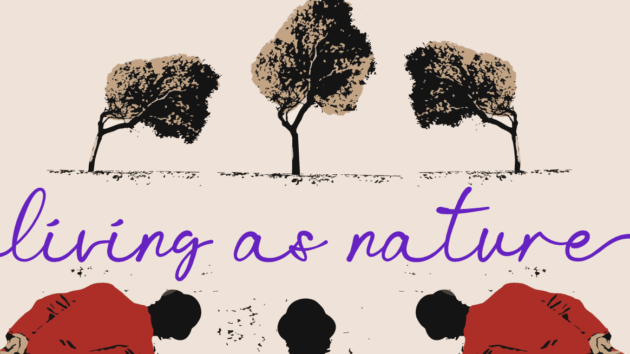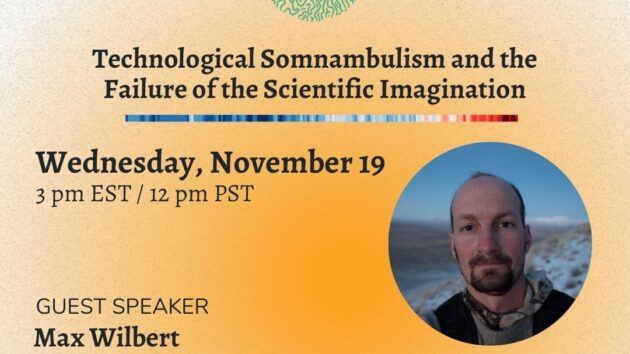FOR IMMEDIATE RELEASE
CONTACT:
Kai Huschke
509-607-5034
kai@celdf.org
Motion to intervene filed by Estuary is part of growing Rights of Nature movement
COOS COUNTY, OREGON: The Coos Bay Estuary has filed a notice of intervention with the Federal Energy Regulatory Commission (FERC). This is believed to be the first time that an ecosystem is seeking to intervene in a FERC review process, in this case in opposition to the proposed Jordan Cove liquid natural gas (LNG) terminal on Oregon’s southern coast.
In taking this important step, the Coos Bay Estuary is advancing the movement to secure legal rights of nature. This movement is building in the United States and around the world, with the growing recognition that environmental laws that legalize fracking, injection wells, mountaintop removal mining, pesticide spraying, and other environmental harms are unable to protect the environment.
The Community Environmental Legal Defense Fund (CELDF) has been at the forefront of this movement, working in Ecuador, India, Nepal, and other nations to advance nature’s rights. Legal rights of rivers and other ecosystems have now been recognized by courts in Colombia and India, and enshrined into law in Ecuador and Bolivia. In the U.S., CELDF has worked with communities in more than 10 states to develop laws recognizing the legal rights of nature. Further, CELDF is serving as legal adviser in the federal lawsuit Colorado River v. State of Colorado, in which the river is seeking recognition of its legal rights.
In Coos County, construction and operation of the proposed export terminal would harm the Estuary, which is already suffering from nearly a century of industrial projects in the surrounding area, as well as the effects of climate change.
In the Coos Bay Estuary filing, the Estuary stated, “I am an ecosystem made up of a deeply diverse and interdependent community of birds, aquatic plants, fish, shellfish, oysters, insects, and humans….I have served as what your EPA considers a nursery of the sea where salmon and waterfowl breed and oysters filter out sediments and pollutants from the watersheds that feed me. Waters made clean and healthy from the work of natural communities connected to me, help to feed marine life in the ocean.”
The Estuary explained its opposition to the proposed terminal, stating, “The building and operation of the Jordan Cove LNG terminal and Pacific Connector Gas Pipeline would be a violation of my rights. For far too long your laws have failed to protect me and the rest of the natural environment because you see us as property, regulating the rate at which we can be exploited.”
Filing on behalf of the Estuary was Coos Commons Protection Council (CCPC), a local community rights group working with CELDF.
CCPC qualified a CELDF-drafted ballot measure to the May 2017 ballot. The measure would have secured a right to a sustainable energy future, prohibited fossil fuel projects such as the proposed LNG terminal, and secured rights of ecosystems – including the Coos Bay Estuary – to be protected from harmful fossil fuel projects. Corporate backers of the terminal and pipeline spent nearly $1 million to defeat the measure.
CCPC’s lead organizer, Mary Geddry, stated, “For millions of years the Coos Bay Estuary has provided habitat, food, and shelter to the Southern Oregon coast. To protect the Estuary, activities that would violate its rights to exist and thrive, need to be prohibited.”
The filing by the Estuary corresponded with the 1st U.S. Rights of Nature Symposium held at the Tulane University School of Law in New Orleans on October 27th. CELDF co-sponsored the event. The Symposium brought together key leaders in the rights of nature movement from Ecuador, Nepal, the U.S., and other countries, as well as from local communities and tribal nations. Videos from the Symposium are available on the CELDF website.
About CELDF — Community Environmental Legal Defense Fund
The Community Environmental Legal Defense Fund is a non-profit, public interest law firm providing free and affordable legal services to communities facing threats to their local environment, local agriculture, local economy, and quality of life. Its mission is to build sustainable communities by assisting people to assert their right to local self-government and the rights of nature. www.celdf.org.
###



